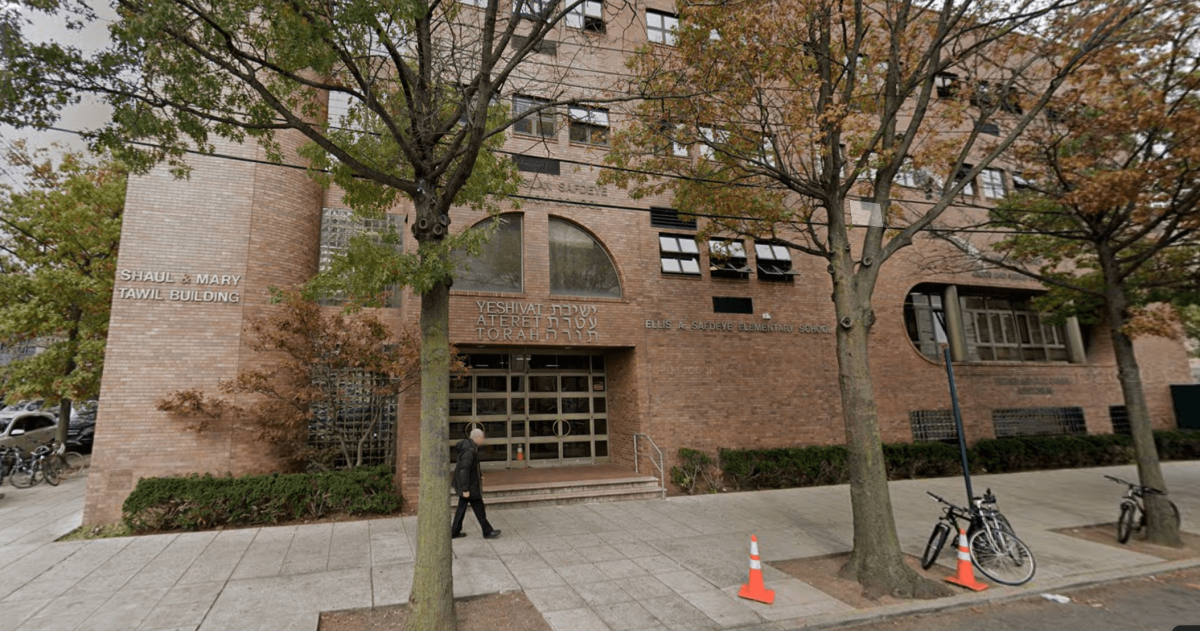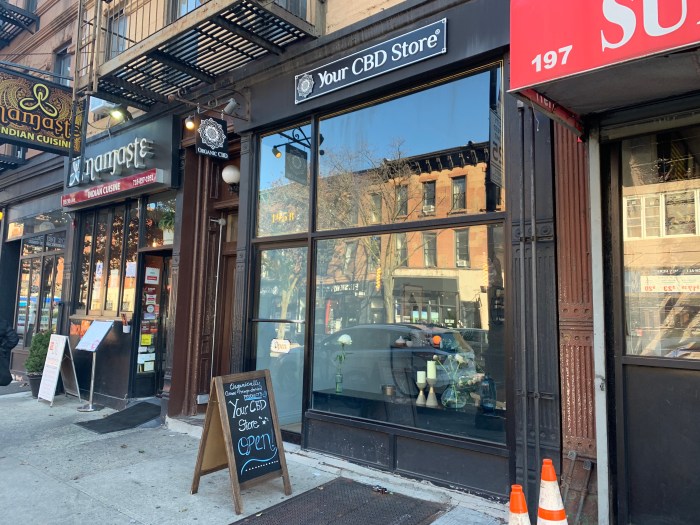A Sheepshead Bay mental health organization must not expand into substance abuse treatment according to a nearly unanimous decision from the neighborhood’s civic gurus, who claim the location is too close to where their children go to school.
“I think what the board is hearing is less of not in my neighborhood and more not near our schools,” said City Councilman Kalman Yeger, who represents the part of Sheepshead Bay where the proposal is located. “I think the real issue here is the actual location on Quentin Road, right a block away from a school… versus don’t do it anywhere near us at all.”
Jewish Board of Family and Children’s Services, which has locations across the city, asked the community board to support their application for a state license to offer substance abuse services at their Quentin Road location, between E. 10th Street and Coney Island Avenue.
“We are coming to talk to you about expanding our services and care so we can start providing substance abuse treatment at this location to the folks who are coming to see us,” said Tracy Gard, division director of behavioral health at Jewish Board at a Jan. 26 virtual meeting of Community Board 15.
The expansion would allow the mental health professionals to support their regular patients, who they say have been coming in asking for help battling substance abuse.
“What we have been seeing the last few years, is that the same folks are coming in asking for services from us,” Gard said. “They are also coming in and really letting us know that they’re using alcohol, substances and drugs that kind of help them cope with what they are going through.”
But Community Board 15 members argue the proposal poses a safety risk to their children attending the nearby Yeshiva Ateret Torah at 901 Quentin Road — a school about 120 feet away from the proposed site that is currently expanding its facility to nearly double its enrollment to 1,200 students, according to one of the school’s board members. The proposed location is also a block away from PS 238.
“We are very concerned about having these kinds of services a half of a block away from a school that is this heavily occupied with children who have basically not been exposed to this kind of lifestyle,” said Irwin Shamah.
Parents said the drug abuse services probably would not be beneficial to their children, who come from homes practicing more traditional Jewish values and are not exposed to drug use and alcoholism.
“There is probably not a single student who has experience with drugs or any smoking of any kind in our student body,” said Naomi Sutton, a parent and grandparent of students attending Yeshiva Ateret Torah and principal of the yeshiva’s high school for girls on Coney Island Avenue, “as they come from traditional homes with very old-fashioned values and tremendous supervision.”
Some 245 neighbors signed a petition against the proposal citing concerns over their children’s safety and the impacts the facility will have on their home values, one community member announced.
“The proposed expansion of the services present a clear danger to the safety and welfare of our children and families,” said Nesim Bildirici. “A study on the effect of substance abuse treatment centers on property values by Claire La Roche show that the property values go down by 17 percent.”
However, the study mentioned attributes a 17 percent drop in the values of homes situated near a methadone clinic but credits a lesser 8 percent drop in the value of homes within a one-eighth mile from a substance abuse treatment center.
“We find that homes within one-eighth mile of a treatment center sell for approximately 8 percent less than otherwise comparable homes that are located further away,” wrote the authors of “Not in My Backyard: The Effect of Substance Abuse Treatment Centers on Property Values.” “Furthermore, we find that the market differentiates between potential risks that nearby treatment centers may carry, as living near a methadone clinic that treats opiate addictions such as heroin or morphine may be associated with a reduction in home values by as much as 17 percent.”
State Sen. Simcha Felder also sent in a letter of opposition on the proposal, according to Community Board 15 Chair Theresa Scavo, and Yeger told members he would not be submitting a letter in support of the expansion.
“I’ve been asked to give a letter of support, I’m declining to give a letter of support,” the councilman said. “I will not give a letter of support on my letterhead with my signature for this kind of program at this time in our neighborhood a block away from school in a residential area. It’s just not the right thing to do.”
While the board’s decision is not the end-all for the Jewish Board’s application, the licensing process requires the organization to summarize community input and include proof of outreach to the local community, which the state Office of Addiction Services and Supports reviews when considering the application.






















